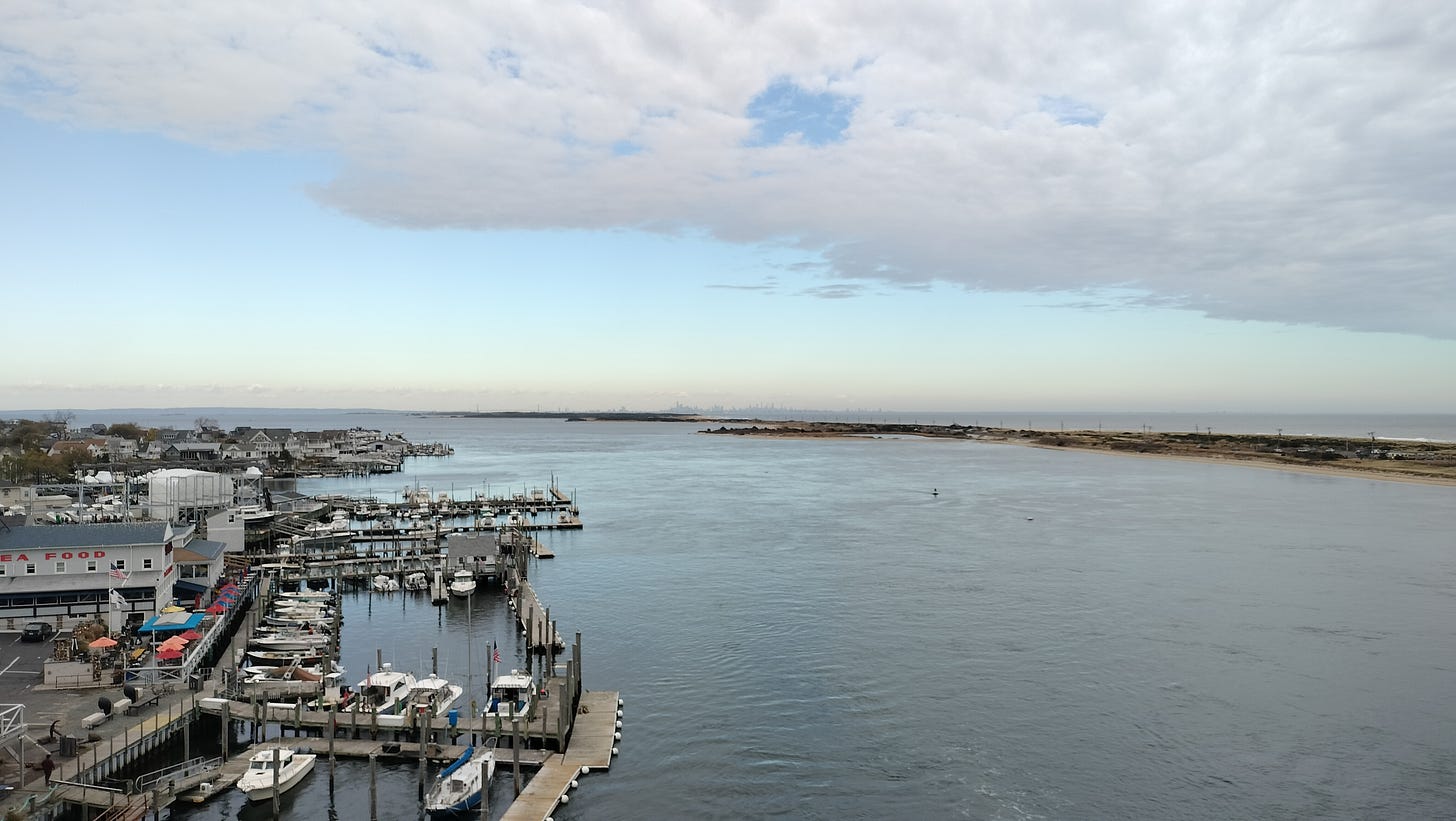You know I spend a lot of time thinking about the processes we have for taking care of adults who can't take care of themselves. It's tricky business to ensure people are free to make their own decisions, with guardrails to keep them safe. Even if we magically agree on exactly what level of protection people need, actually carrying that out — day in, day out, over decades — gets pretty complicated. It's no surprise that people with guardians often feel they aren't given the autonomy they deserve and we continue to uncover instances of abuse and neglect.
Reading my brother-in-law Joey's commentary on how democracy is very much not at stake during this election, because the US is a republic, not a democracy got me to zoom out my view of guardianship.
Like "caregiving," "guardianship" is an umbrella term we often use to refer to something specific. I forget how broad these terms really are.
Somewhere in my hoard of research, there are notes about how priests and other religious figures were assigned guardians to represent them in legal matters, since they lived on the spiritual plane. We know that children and sometimes women are represented by guardians, who make decisions and take legal actions on their behalf.
I hadn't thought about how politicians act as guardians to residents of a republic. My elected representatives make decisions on my behalf.
Even monarchs present themselves as guardians. The Crown certainly makes it seem like Queen Elizabeth II wasn't able to do whatever she wanted. Her power was tightly constrained and she had layers of people to answer to, even as the head of a colonial empire. Most monarchies today are at the top of a mixed governmental system, not absolute monarchies where they have unchecked power.
People seem to have an instinctual suspicion of guardianship in all of its capacities. Literature and fairytales are generally not kind when depicting guardians — think of the evil stepmother. Think of all the politicians insisting that they're not really a politician while on the campaign trail. The political landscape seems to be full of people who despise politics and politicians.
Perhaps because part of being a guardian is making and upholding the claim that someone is incompetent. It's not just that it's impractical for 335 million Americans to vote on every little detail of our federal government — or even the 161 registered voters. It's that politicians do not believe we're competent to make our own decisions. We're allowed to choose who will make decisions for us.
It's been a long time since I learned about our US government in elementary school. I do remember it being clear that our founding fathers didn't think we could be trusted with democracy. My hazy memories line up with what Joey writes:
“Democracy is inherently unstable and therefore needs to be restrained. Face it, most human beings, and therefore most American citizens, are so ignorant about human nature, the causes of human flourishing, and the purposes of government that their voices and choices in a communal context can only contribute to a decline of the society.”
It's no surprise we're inherently suspicious of people who want to rule over others. We look warily at people who think they know better than we do about what's best for us. When politicians push too far with the nanny laws — like NYC's soda tax — there's a backlash. Even people who don't drink soda by the bucket don't want a politician scolding them like they're a silly child.
We have a collective memory of what guardians do with their power. On campaign our politicians position themselves as heroes ready to slay the dragon — be the dragon failing schools, troubled health care systems, trade wars, or a stagnant economy. Deep down, we know that whichever hero we choose will appoint and oversee the army of petty despots to which we will come, cap in hand, pleading "please, sir, I want some more."




